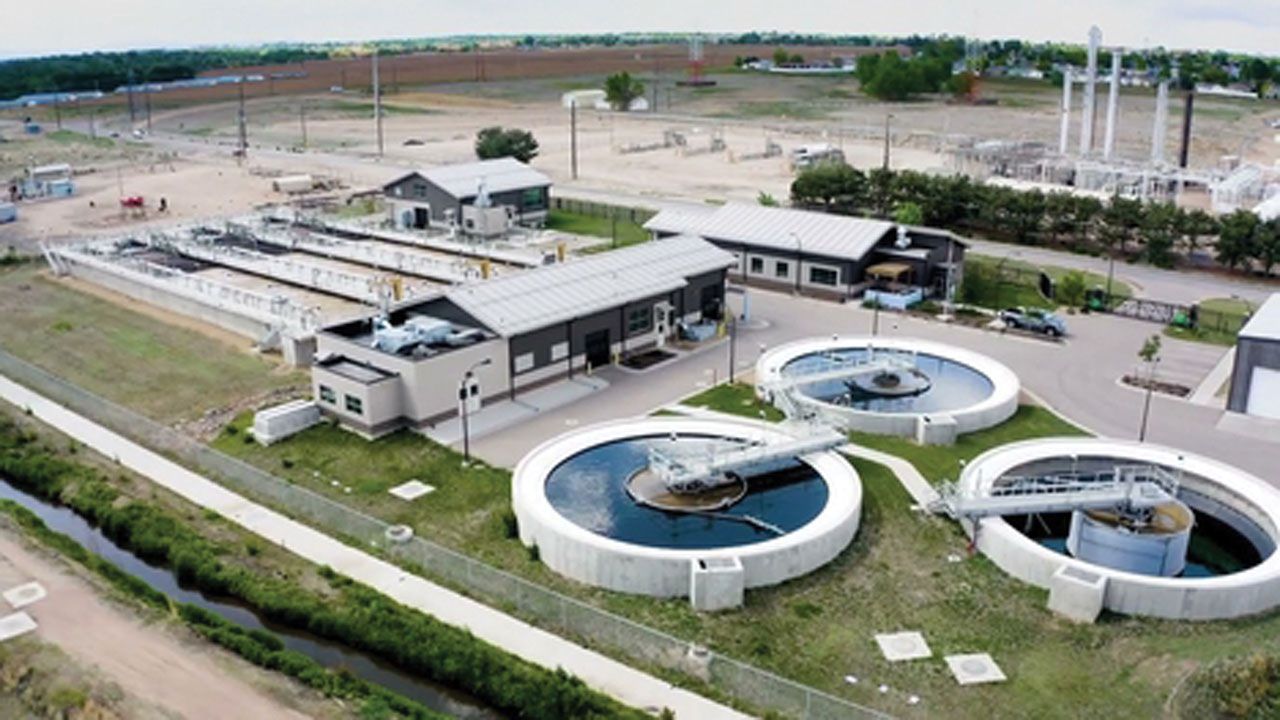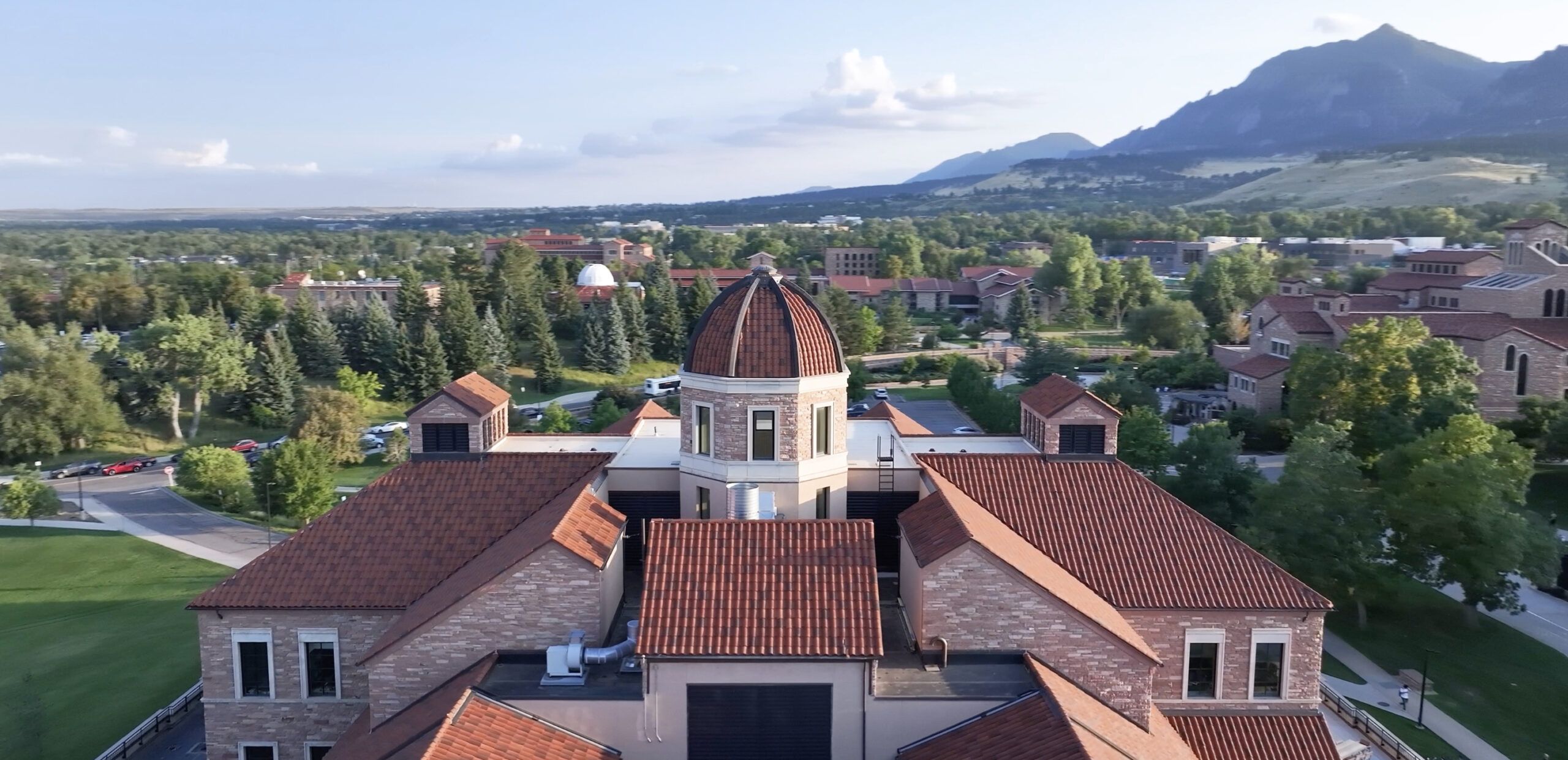Boulder leaders continue to grapple with Opportunity Zone
BOULDER — Developers looking to take advantage of tax incentives by building within Boulder’s designated Opportunity Zone will have to remain patient.
Three hours of discussion, debate and public comment Tuesday evening was not nearly enough for Boulder City Council to work out all of the kinks necessary for the board to feel comfortable updating its land use regulations and rolling back a moratorium on development within the city’s Opportunity Zone.
After hearing from planning staff, residents, affordable housing advocates and members of the business community, the council sent a pair of related ordinances back to staff for additional review without a vote.
“We’re going to have to regroup and look at scheduling options.” Boulder assistant city manager Chris Meschuk said of bringing additional options back to the council for consideration.
The Opportunity Zone program, established as part of the Tax Cuts and Jobs Act of 2017, allows investors to realize certain tax incentives if they put their money into projects within economically distressed neighborhoods.
Boulder leaders implemented the development moratorium in February as a way to address concerns that the investors in the city’s Opportunity Zone — a 2.5-square-mile tract stretching from 28th to 55th streets and Arapahoe Avenue to the Diagonal Highway — will reap all of the rewards and their money will speed up gentrification rather than assist the disadvantaged. Some council members and local affordable housing advocates believe that without changes to the city’s land-use table, the city’s “jobs-housing imbalance” would be exacerbated by commercial development within the zone. That imbalance is a reference to Boulder’s ongoing challenge of providing affordable housing options for the city’s workforce.
“This area is one of the last bastions of … relative affordability,” Boulder resident Adam Swetlik said of the area that lies within the Opportunity Zone.
Proposed features of new land use regulations would limit office uses to no more than 25 percent of building floor area unless onsite affordable housing is included. The proposed rules would also prohibit the construction of additional offices in certain mostly residential areas where office space is already abundant.
Developments — including expansions of existing commercial spaces — that don’t fit within that newly defined scope would be subject to additional scrutiny through the non-conforming use review process, potentially slowing or stalling projects.
Boulder’s business and development community, including the Boulder Chamber, have come out in favor of ending the development moratorium but against adding additional layers of red tape for certain commercial developments.
“One of the big concerns we are hearing about is small business and the potential loss of those businesses,” Councilwoman Mary Young said.
While he praised the work done by city planning staff and council members, Boulder Chamber public affairs director Andrea Meneghel said, “We understand what you want to do, but we aren’t sure if this is the way to go about it.”
According to figures published by the Boulder Chamber, the more restrictive land use tables could affect nearly 23,000 properties city-wide, not just those properties within the Opportunity Zone. That figure refers to the total number of parcels within zoning districts that would be substantively changed by new city regulations
“The economic impacts have not yet been studied,” Meneghel said. “… Don’t underestimate the impact that going through use review could have on small businesses.”
Concerned residents have pointed to plans to redevelop Boulder’s Macy’s department store within Boulder’s Opportunity Zone into office space as a prime example of the kind of development the community shouldn’t incentivize. Representatives of Macerich, the landlord at the 29th Street Mall, have said they do not intend to take advantage of Opportunity Zone incentives and plans to redevelop the store were in the works long before the zone was created.
“The moratorium punishes an innocent property owner,” said Jordan Bunch, an attorney with Holland & Hart LLP who represents Macerich. “… Having office uses is very important to the health of the mall.”
Macerich property manager Kate Honea urged the council to “help us thrive by lifting the moratorium and not implementing the office space maximum.”
One of the critical elements that still needs to be clarified is whether investments in the Opportunity Zone will benefit the overall community and not just investors, city leaders agreed.
“The idea is to get a little more public benefit out of the Opportunity Zone,” Mayor Suzanne Jone said.
BOULDER — Developers looking to take advantage of tax incentives by building within Boulder’s designated Opportunity Zone will have to remain patient.
Three hours of discussion, debate and public comment Tuesday evening was not nearly enough for Boulder City Council to work out all of the kinks necessary for the board to feel comfortable updating its land use regulations and rolling back a moratorium on development within the city’s Opportunity Zone.
After hearing from planning staff, residents, affordable housing advocates and members of the business community, the council sent a pair of related ordinances back to…
THIS ARTICLE IS FOR SUBSCRIBERS ONLY
Continue reading for less than $3 per week!
Get a month of award-winning local business news, trends and insights
Access award-winning content today!





